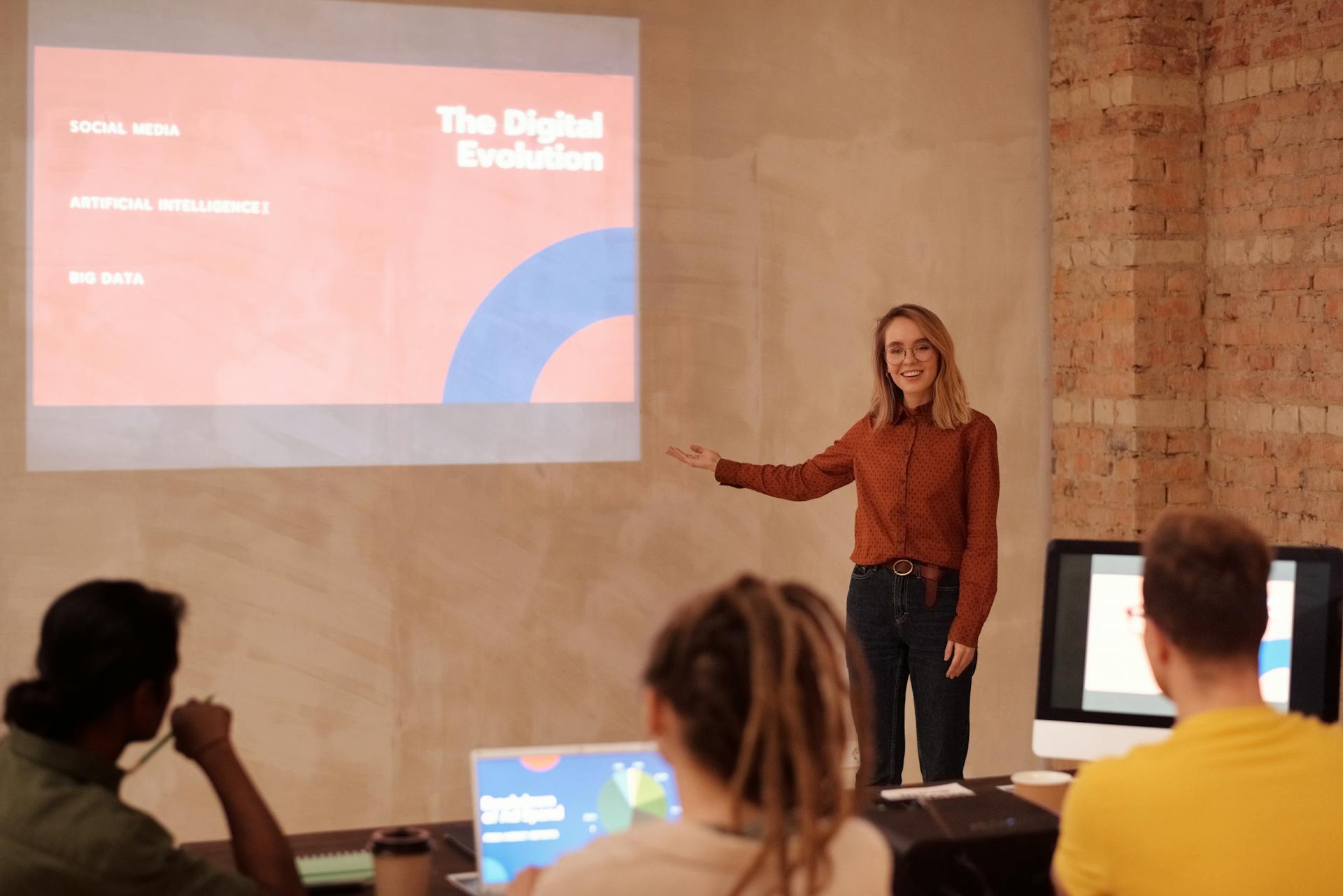Artificial Intelligence (AI) is transforming the world more than ever before, as it affects all areas: healthcare, entertainment, etc. To students who are about to enter this dynamic field, it is important to know the future of AI. This paper describes the essential trends and facts regarding AI development, its influence on society and economy, and skills that students should concentrate on to achieve success.
Explosive Growth and Market Expansion
The AI market is expected to increase exponentially in the coming decade and the investments in AI are going to be worth trillions of dollars worldwide. It is projected that AI-based systems will be ubiquitous in the industries by 2030, and they will be used to change the nature of operations in businesses. It is expected that mobile AI itself will increase by more than $8 billion today to about 85 billion in the future and this is driven by advances in generative AI, autonomous agents and emotional intelligence. Such a fast growth does not indicate that AI is a fad but rather an essential factor in economic growth and technological progress.
Technological Breakthroughs and Autonomous AI
 AI is moving further than the usual applications to autonomous systems which can plan and implement the tasks on their own. By 2030, the complicated scientific research, software creation, and decision-making procedures will be performed by AI. Such innovations as agentic AI, i.e. virtual colleagues carrying out multi-step operations, are already appearing. Students are supposed to be ready to communicate with and create such autonomous systems with a focus on the ability to integrate AI, control, and ethical implementation.
AI is moving further than the usual applications to autonomous systems which can plan and implement the tasks on their own. By 2030, the complicated scientific research, software creation, and decision-making procedures will be performed by AI. Such innovations as agentic AI, i.e. virtual colleagues carrying out multi-step operations, are already appearing. Students are supposed to be ready to communicate with and create such autonomous systems with a focus on the ability to integrate AI, control, and ethical implementation.
Integration with Emerging Technologies
The future of AI is also linked to how it will be implemented together with other innovative technologies such as augmented reality (AR), virtual reality (VR), Internet of Things (IoT), and robotics. The AI will allow the creation of immersive experiences, intelligent analytics and smooth automation of devices. To give an example, education, healthcare, and manufacturing will be transformed by AI-created 3D models and predictive analytics of IoT. To keep up with the trend, students should consider multi-disciplinary solutions that integrate AI with these technologies.
AI’s Impact on Jobs and Skills
Although AI will simplify a lot of routine and manual work, it will also introduce new positions and improve the current ones. Researchers emphasize that AI can supplement human labor, and professionals become more valuable as they will deal with routine tasks and can concentrate on creativity and solving complex problems. Nonetheless, the students will also need to develop the ability to work with AI programs, data literacy, critical thinking, and flexibility to succeed in the world of changing AI systems. The knowledge of AI ethics and algorithmic fairness will also be crucial because responsible AI development will become a priority.
Preparing for a Human-AI Collaborative Future
The focus of the story is no longer on AI substituting humans but on humans working in close cooperation with AI devices. The developments in the domain of natural language processing and artificial emotional intelligence are producing AI-powered systems that comprehend and react empathetically. Artificial intelligence will be used as AI-powered assistants, tutors and collaborators to enhance human intelligence in the future workplaces. Students need to acquire the skills of creating human-centered AI interfaces and workflows that highlight this synergy.
Ethical and Social Considerations
As AI has been gaining momentum, bias, privacy, transparency, and trust issues have been raised as the most important concerns. The students should be informed about the ethical aspects of AI technologies and promote responsible innovation that protects users and society. The integration of equity and responsibility into AI design would make its design more acceptable and beneficial to more people. AI ethics courses and projects can be used to support technical skills and train students to become leaders in this field.
Conclusion
The future of AI is so bright, and it is so bright that it contains some amazing technological breakthroughs and a massive transformation of society. Individual students interested in becoming the best in this profession ought to adopt lifelong learning that is balanced in terms of technical skills, inter-disciplinary skills, and ethical consciousness. The ability to discern the progress of AI, autonomous agents to collaborators with humans, provides the students with the ability to become valuable and responsible contributors to the world of the swift changes. By working with the current AI trends, it is possible to make sure that the current learners will be the innovators and the decision-makers of tomorrow.

